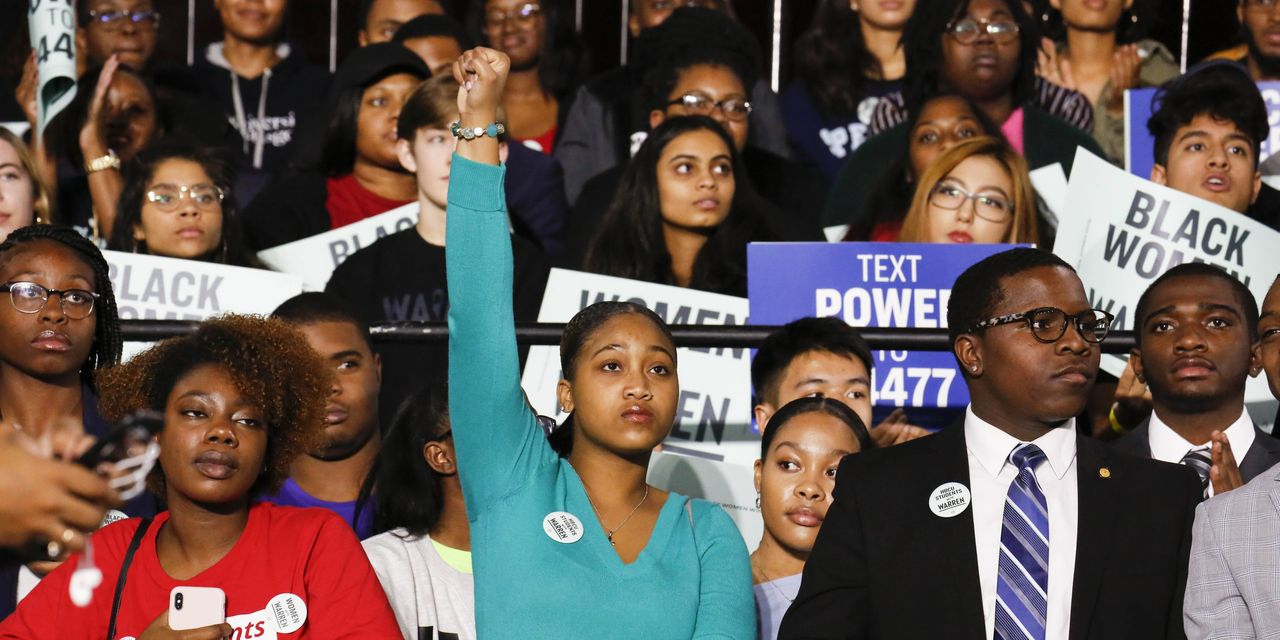Florida Judge Rules Congressional District Boundaries Unconstitutionally Limit Black Voting Power
Florida Judge Rules Congressional District Boundaries Unconstitutionally Restrict Black Voting Power
Florida Judge Rules Congressional District Boundaries Unconstitutionally Limit Black Voting Power
In a pivotal legal decision, a Florida state judge has struck down congressional district boundaries that have had a sweeping impact on communities across North Florida. The ruling, issued by Circuit Judge J. Lee Marsh in Tallahassee on Saturday, deems these boundaries unconstitutional due to their restriction of Black voting power, ordering the Florida Legislature to undertake a redraw.
Judge Marsh's verdict asserted, "By dismantling a congressional district that once enabled Black voters to choose their preferred candidates under the previous plan, the enacted plan violates … the Florida Constitution." Consequently, he has enjoined state officials from conducting elections using the current boundaries, crafted to replace the former Congressional District 5, previously represented by former U.S. Rep. Al Lawson.
This legal battle was initiated by various groups, including Black Voters Matter and the League of Women Voters of Florida. Judge Marsh has directed state lawmakers to formulate a "remedial map" in alignment with the state's constitution. Moreover, he has retained jurisdiction over the case to assess whether the new boundaries align with legal requisites.
Before these recent adjustments, District 5 spanned from Jacksonville to Gadsden County, west of Tallahassee, linking predominantly Democratic Black communities in an area where Republicans garnered substantial support among white voters.
However, a redistricting plan championed by Governor Ron DeSantis and ultimately endorsed by state lawmakers abolished District 5. Instead, the redrawn boundaries enabled Republicans to secure 20 out of the state's 28 districts, marking a four-seat increase in GOP representation.
Governor DeSantis, who is pursuing the Republican presidential nomination, has emphasized the significance of these gains for Republicans to clinch a majority in the U.S. House of Representatives.
The changes also affected Northeast Florida, where Jacksonville neighborhoods previously represented by Lawson were integrated into Congressional District 4, covering Clay and Nassau counties and represented by U.S. Rep. Aaron Bean, a Republican. Baker County, once part of District 5, was incorporated into District 3, represented by U.S. Rep. Kat Cammack, another Republican.
Democrats warmly welcomed the judge's ruling. Duval County Democratic Party Chair Daniel Henry expressed that "it's now incumbent on the Florida Legislature to embrace this ruling, adhere to the state's Fair Districts Amendment, and create a map that restores the voting power of Black voters."
Voting rights advocates involved in the case also celebrated the decision. Olivia Mendoza, the director of litigation and policy for the National Redistricting Foundation, noted, "It should not be overlooked that Governor DeSantis advocated for a discriminatory map targeting Black voters with precision. Yet, when the people tenaciously fought back in court to protect their rights, justice has prevailed."
The judge's ruling signifies a significant step towards safeguarding the voting rights of marginalized communities in Florida. It highlights the importance of fair and equitable district boundaries, ensuring that






.png)
.png)
Comments